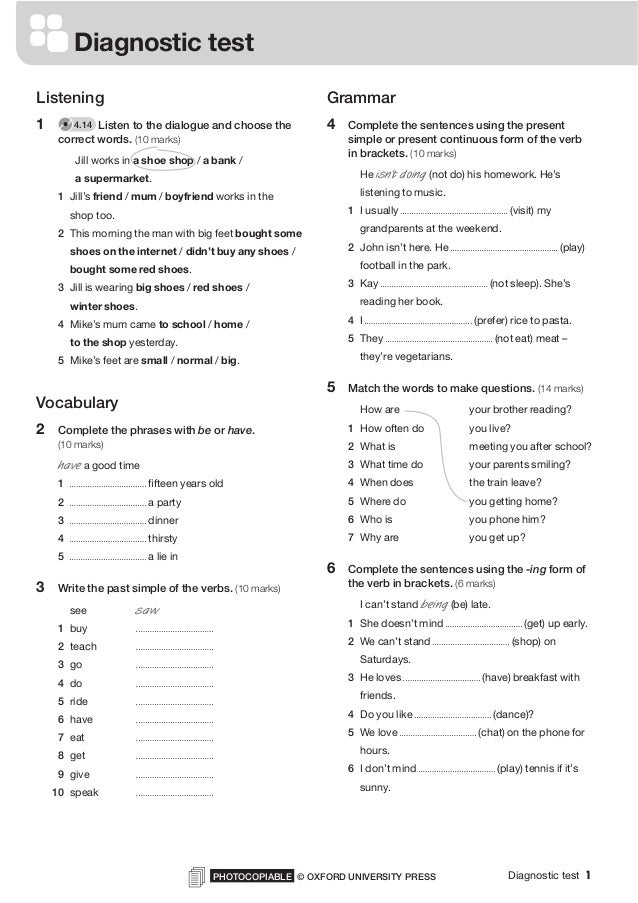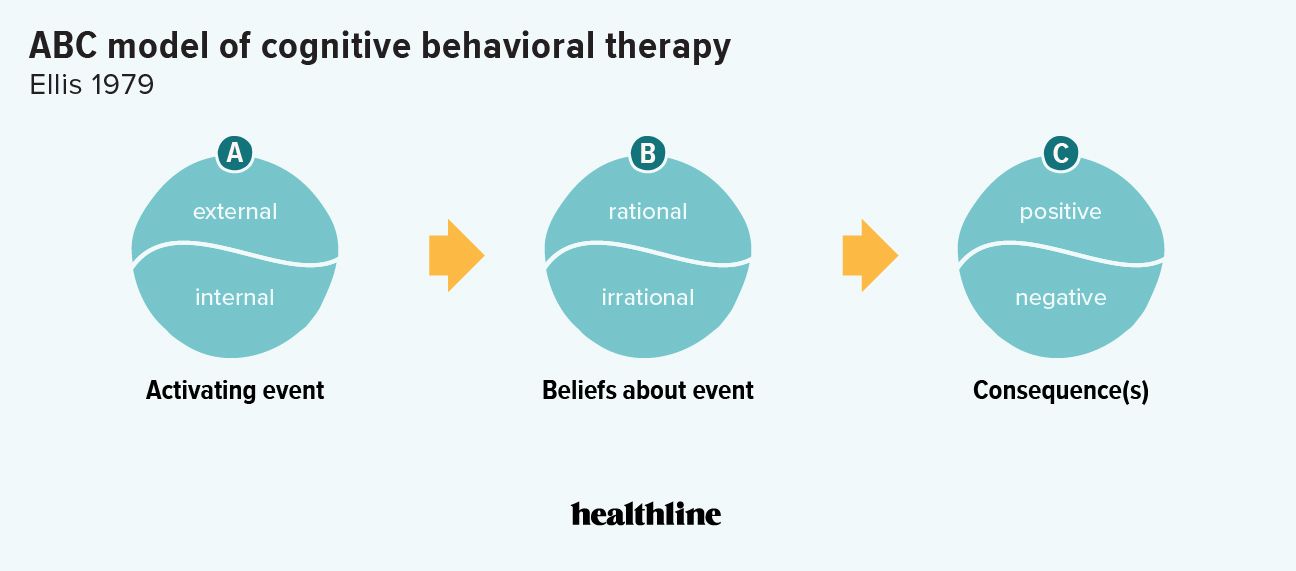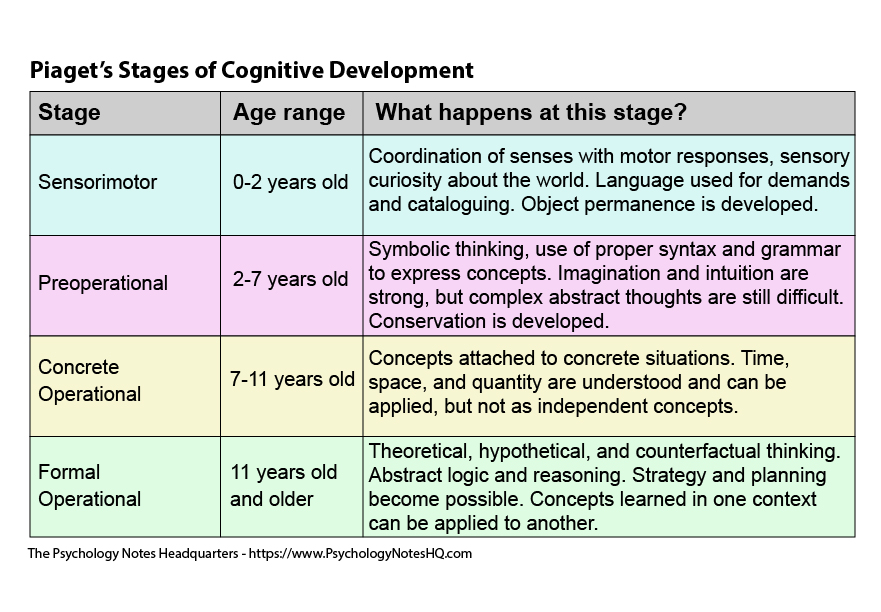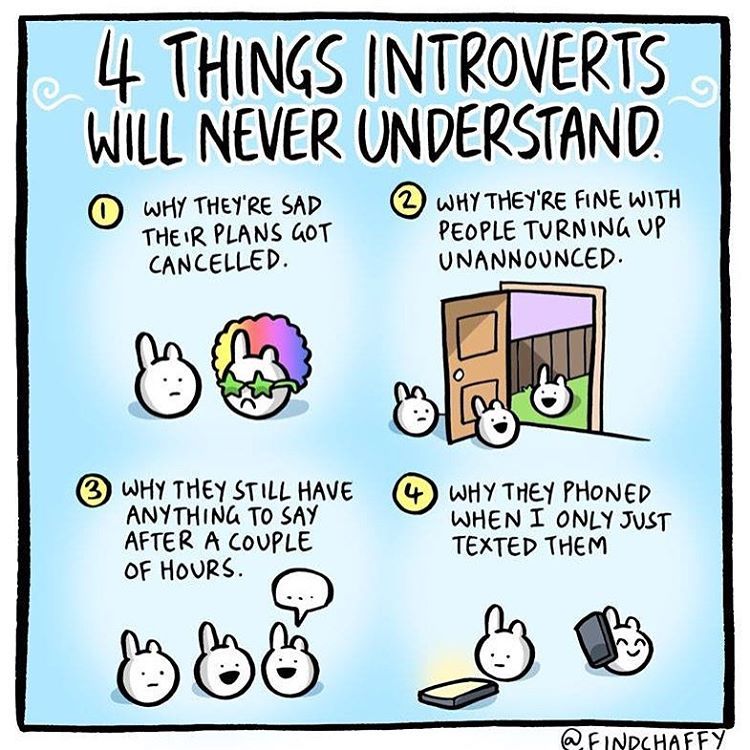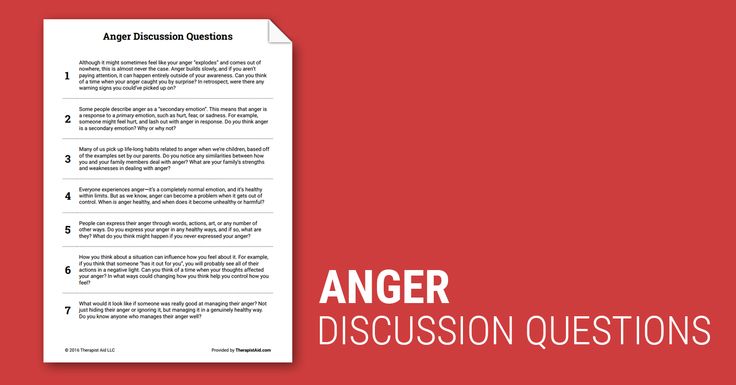Ryan howes phd
Home
OTHER STUFF
National Psychotherapy Day, September 25
Psychotherapy needs an awareness day. One day to remove stigma, educate the public, share personal stories, and support overworked and under-appreciated community mental health clinics. So I formed one. It's September 25th every year. We wear turquoise, talk about therapy, and encourage others to give therapy a try. Just one day a year, you can do that. Take a look at our website and Facebook page for more information.
Moments of Meaning
In 2014, National Psychotherapy Day created an event called Moments of Meaning (YouTube, Facebook). In order to demystify psychotherapy, twelve therapists have told powerful, compelling, and confidential stories about transformative moments from their own therapy practice. We recorded the talks and present them to the world on YouTube.
Psychotherapy Networker
Often referred to as "The New Yorker of psychology," I'm honored to call myself a contributing editor for The Psychotherapy Networker since 2010. I write an interview column called Point of View, where I speak with some of the most intriguing, innovative people in this profession, including Irvin Yalom, Carol Dweck, Susan Cain, Gretchen Rubin, Phillip Zimbardo, and many others.
Blog
I write a blog for Psychology Today and since 2008 it's received over 5 million reads. I call it In Therapy: A Client's Guide to Therapy because I demystify the many strange elements of this work, from finding a therapist to figuring out what to say, to using Kleenex, to how to end therapy. If you've wondered about some element of therapy, I've probably written about it. If not, contact me and I may use your idea for a future post.
Mental Health Boot Camp
In only 25 days, and costing less than a single therapy session, this online program guides you through the fundamental elements of mental health, including a dozen mindfulness exercises, daily readings and activities, and space for you to confidentially reflect on your own thoughts and behaviors. Developed by me and several colleagues from Canada, this is a great way to begin or enhance a journey of wellness and self-care. Come take a look for yourself at www.mentalhealthbootcamp.com.
Developed by me and several colleagues from Canada, this is a great way to begin or enhance a journey of wellness and self-care. Come take a look for yourself at www.mentalhealthbootcamp.com.
Podcast
Four therapists from two countries discuss important mental health topics, and have fun doing it. We cover topics like self-care, forgiveness, acceptance, relationships, personality, pro-social behavior, and Canada-America relations. Subscribe through your podcast app or Apple Podcasts.
Book
This journal includes prompts, creative exercises, and guided relaxation to help men understand and control their feelings and behaviors in a humorous, non-judgmental way. Write about your earliest memory, your playlist when you were 15, your mission statement, your kryptonite, your best and worst day, and much more. Available on Amazon.
21 Tips for Clients in Therapy
Therapists have a big advantage in the therapy office. We've read a stack of books and spent thousands of hours learning what to do in session. Clients have to learn as they go, costing them valuable time and money. Here are a few pointers to help clients level the playing field.
We've read a stack of books and spent thousands of hours learning what to do in session. Clients have to learn as they go, costing them valuable time and money. Here are a few pointers to help clients level the playing field.
Take the Whole Hour: We call it a therapy hour but it's only 50 minutes. Get your money's worth by arriving 10 minutes early to catch your breath, collect your thoughts and prepare for your session.
Forget the Clock: Show up early, but let the therapist be in charge of ending the session on time. You've got enough to think about during the session, the therapist can be responsible for wrapping up. (more here)
Make it Part of Your Life: Therapy works best when you take what you've learned and apply it to the rest of your week. Between sessions, notice areas in your life you'd like to explore. Maybe you'd find it helpful to engage in...
Journalysis: Use a journal to reflect on your sessions and jot down things you notice about yourself during the week. It doesn't have to be the "Dear Diary" of your youth, just a place to record a few thoughts or feelings. It may help to bring it to session with you. (more here)
It doesn't have to be the "Dear Diary" of your youth, just a place to record a few thoughts or feelings. It may help to bring it to session with you. (more here)
Business First: Take care of payment, scheduling and insurance questions at the start of the session. Nothing's more awkward than ending a session with a big revelation or emotional breakthrough followed by three minutes of check writing and calendar navigation. Get all those logistical issues out of the way at the beginning.
Relationship Next: Following those business items, issues regarding the relationship with your therapist (if there are any) come next. This could be anything - you're thinking about termination, you felt angry after the last session, you're worried what she thinks of you, you had a dream about him, etc. These relationship issues take top priority because they will impact all other areas of your therapy.
What do I Want? How do I Feel? These two questions are home base for clients who feel stuck. If you find yourself lost and don't know what to talk about, revisit these questions and you're bound to find material to discuss. (more here)
If you find yourself lost and don't know what to talk about, revisit these questions and you're bound to find material to discuss. (more here)
Ask Anything: Clients sometimes censor their questions because they believe asking is against the rules. You're allowed to ask whatever you want, let the therapist explain their boundaries. Want to know a personal detail, professional opinion or an explanation for something she said or did? Go ahead and ask. You might not get a straight answer, but you should get a reason why not, and you might learn something about yourself in the process. (more here)
State of the Union: Check on your status any time during your therapy. How are the two of you working together? How well do you understand each other? Is therapy helping or hurting at this point? This is ideally a two-way discussion, with both of you sharing your thoughts.
Try New Things: Therapy is a great place for thinkers to try feeling, listeners to practice talking, passive people to be assertive, etc. Want to rehearse confrontation? Practice asking someone out? Let yourself cry in front of someone? Therapy is a great place for this.
Want to rehearse confrontation? Practice asking someone out? Let yourself cry in front of someone? Therapy is a great place for this.
Learn to Fish: A lot of people want advice from their therapist. Therapy is more about helping you come to your own conclusions than having the therapist make decisions for you. This benefits you in the long run but may seem disappointing at the time. (more here)
Ask Why: Let your inner 3-year old out and ask why you behave/think/feel as you do. Why do I hate my boss so much? Why am I so anxious before sessions? Why does the therapist's shirt bother me?
Challenge Jargon: Some therapists have been doing this work so long they assume everyone knows what they're talking about. If the therapist says some gibberish you don't understand ("this boundary violation exacerbates your abandonment issues and fixated Oedipal complex"), ask him what he means. (more here)
Say the Odd Thought: Therapy is one place where strange thoughts are acceptable. In fact, the odder the better. Have a sudden impulse? Say it. Flash to a certain memory? Talk about it. The phrase some things are better left unsaid doesn't apply here so speak freely and you might learn something interesting. (more here)
In fact, the odder the better. Have a sudden impulse? Say it. Flash to a certain memory? Talk about it. The phrase some things are better left unsaid doesn't apply here so speak freely and you might learn something interesting. (more here)
Be Aware of Your Therapist: Not just who she is, but who you imagine her to be. And how you imagine she feels about you. Talk about your relationship in detail to see how your projections influence this and other relationships.
Go Deeper: If you find yourself running through mundane details of your week or hitting awkward silences, maybe there's a deeper issue you're avoiding. Ask what it is you're not talking about and talk about it. Discuss what you're discovering about yourself. Take the time to explore who you are, what you feel and why you do what you do. Push beyond it is what it is or whatever and tackle some deeper questions. Try: "I wonder why I ___" or: "Deep down, I really feel ___". (more here and here)
(more here and here)
Don't Fear the End: From the beginning, talk about when you'll know you're ready to leave therapy. Rather than cut and run, let therapy be one experience of a truly good ending. (more here)
Dream On: Bring in dreams, daydreams and fantasies, especially those about therapy. People often have more of this material when they're in therapy. This can be incredibly rich to explore.
Keep the Energy in the Room: Thoughts, feelings and questions about the therapy are best discussed first with the therapist. When you run everything by your friends first, it diffuses the energy of the encounter and sidesteps an opportunity for the therapist to understand you better. (more here)
Allow Change: Some people ask for change but feel uncomfortable when it actually happens. Accept that if you're seeking change, things will probably change, and it might require more change than you thought. An eating disorder, a sexual problem, interpersonal conflicts, an addiction - these may require a major life overhaul, not just a little tweak.
An eating disorder, a sexual problem, interpersonal conflicts, an addiction - these may require a major life overhaul, not just a little tweak.
Engage and Enjoy: Therapy is like enrolling in a course where you are the subject matter. If you're curious, teachable and motivated to do some work, it can be one of the most challenging and rewarding courses you ever take.
Home
OTHER STUFF
National Psychotherapy Day, September 25
Psychotherapy needs an awareness day. One day to remove stigma, educate the public, share personal stories, and support overworked and under-appreciated community mental health clinics. So I formed one. It's September 25th every year. We wear turquoise, talk about therapy, and encourage others to give therapy a try. Just one day a year, you can do that. Take a look at our website and Facebook page for more information.
Moments of Meaning
In 2014, National Psychotherapy Day created an event called Moments of Meaning (YouTube, Facebook). In order to demystify psychotherapy, twelve therapists have told powerful, compelling, and confidential stories about transformative moments from their own therapy practice. We recorded the talks and present them to the world on YouTube.
In order to demystify psychotherapy, twelve therapists have told powerful, compelling, and confidential stories about transformative moments from their own therapy practice. We recorded the talks and present them to the world on YouTube.
Psychotherapy Networker
Often referred to as "The New Yorker of psychology," I'm honored to call myself a contributing editor for The Psychotherapy Networker since 2010. I write an interview column called Point of View, where I speak with some of the most intriguing, innovative people in this profession, including Irvin Yalom, Carol Dweck, Susan Cain, Gretchen Rubin, Phillip Zimbardo, and many others.
Blog
I write a blog for Psychology Today and since 2008 it's received over 5 million reads. I call it In Therapy: A Client's Guide to Therapy because I demystify the many strange elements of this work, from finding a therapist to figuring out what to say, to using Kleenex, to how to end therapy. If you've wondered about some element of therapy, I've probably written about it. If not, contact me and I may use your idea for a future post.
If you've wondered about some element of therapy, I've probably written about it. If not, contact me and I may use your idea for a future post.
Mental Health Boot Camp
In only 25 days, and costing less than a single therapy session, this online program guides you through the fundamental elements of mental health, including a dozen mindfulness exercises, daily readings and activities, and space for you to confidentially reflect on your own thoughts and behaviors. Developed by me and several colleagues from Canada, this is a great way to begin or enhance a journey of wellness and self-care. Come take a look for yourself at www.mentalhealthbootcamp.com.
Podcast
Four therapists from two countries discuss important mental health topics, and have fun doing it. We cover topics like self-care, forgiveness, acceptance, relationships, personality, pro-social behavior, and Canada-America relations.![]() Subscribe through your podcast app or Apple Podcasts.
Subscribe through your podcast app or Apple Podcasts.
Book
This journal includes prompts, creative exercises, and guided relaxation to help men understand and control their feelings and behaviors in a humorous, non-judgmental way. Write about your earliest memory, your playlist when you were 15, your mission statement, your kryptonite, your best and worst day, and much more. Available on Amazon.
21 Tips for Clients in Therapy
Therapists have a big advantage in the therapy office. We've read a stack of books and spent thousands of hours learning what to do in session. Clients have to learn as they go, costing them valuable time and money. Here are a few pointers to help clients level the playing field.
Take the Whole Hour: We call it a therapy hour but it's only 50 minutes. Get your money's worth by arriving 10 minutes early to catch your breath, collect your thoughts and prepare for your session.
Get your money's worth by arriving 10 minutes early to catch your breath, collect your thoughts and prepare for your session.
Forget the Clock: Show up early, but let the therapist be in charge of ending the session on time. You've got enough to think about during the session, the therapist can be responsible for wrapping up. (more here)
Make it Part of Your Life: Therapy works best when you take what you've learned and apply it to the rest of your week. Between sessions, notice areas in your life you'd like to explore. Maybe you'd find it helpful to engage in...
Journalysis: Use a journal to reflect on your sessions and jot down things you notice about yourself during the week. It doesn't have to be the "Dear Diary" of your youth, just a place to record a few thoughts or feelings. It may help to bring it to session with you. (more here)
Business First: Take care of payment, scheduling and insurance questions at the start of the session. Nothing's more awkward than ending a session with a big revelation or emotional breakthrough followed by three minutes of check writing and calendar navigation. Get all those logistical issues out of the way at the beginning.
Nothing's more awkward than ending a session with a big revelation or emotional breakthrough followed by three minutes of check writing and calendar navigation. Get all those logistical issues out of the way at the beginning.
Relationship Next: Following those business items, issues regarding the relationship with your therapist (if there are any) come next. This could be anything - you're thinking about termination, you felt angry after the last session, you're worried what she thinks of you, you had a dream about him, etc. These relationship issues take top priority because they will impact all other areas of your therapy.
What do I Want? How do I Feel? These two questions are home base for clients who feel stuck. If you find yourself lost and don't know what to talk about, revisit these questions and you're bound to find material to discuss. (more here)
Ask Anything: Clients sometimes censor their questions because they believe asking is against the rules. You're allowed to ask whatever you want, let the therapist explain their boundaries. Want to know a personal detail, professional opinion or an explanation for something she said or did? Go ahead and ask. You might not get a straight answer, but you should get a reason why not, and you might learn something about yourself in the process. (more here)
You're allowed to ask whatever you want, let the therapist explain their boundaries. Want to know a personal detail, professional opinion or an explanation for something she said or did? Go ahead and ask. You might not get a straight answer, but you should get a reason why not, and you might learn something about yourself in the process. (more here)
State of the Union: Check on your status any time during your therapy. How are the two of you working together? How well do you understand each other? Is therapy helping or hurting at this point? This is ideally a two-way discussion, with both of you sharing your thoughts.
Try New Things: Therapy is a great place for thinkers to try feeling, listeners to practice talking, passive people to be assertive, etc. Want to rehearse confrontation? Practice asking someone out? Let yourself cry in front of someone? Therapy is a great place for this.
Learn to Fish: A lot of people want advice from their therapist.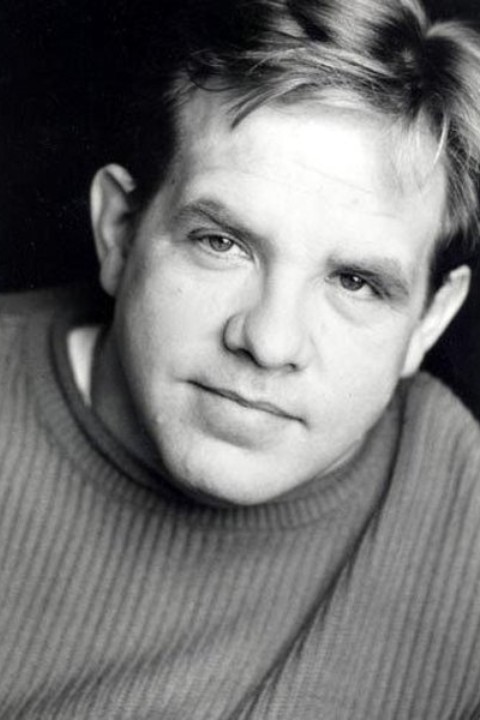 Therapy is more about helping you come to your own conclusions than having the therapist make decisions for you. This benefits you in the long run but may seem disappointing at the time. (more here)
Therapy is more about helping you come to your own conclusions than having the therapist make decisions for you. This benefits you in the long run but may seem disappointing at the time. (more here)
Ask Why: Let your inner 3-year old out and ask why you behave/think/feel as you do. Why do I hate my boss so much? Why am I so anxious before sessions? Why does the therapist's shirt bother me?
Challenge Jargon: Some therapists have been doing this work so long they assume everyone knows what they're talking about. If the therapist says some gibberish you don't understand ("this boundary violation exacerbates your abandonment issues and fixated Oedipal complex"), ask him what he means. (more here)
Say the Odd Thought: Therapy is one place where strange thoughts are acceptable. In fact, the odder the better. Have a sudden impulse? Say it. Flash to a certain memory? Talk about it. The phrase some things are better left unsaid doesn't apply here so speak freely and you might learn something interesting. (more here)
(more here)
Be Aware of Your Therapist: Not just who she is, but who you imagine her to be. And how you imagine she feels about you. Talk about your relationship in detail to see how your projections influence this and other relationships.
Go Deeper: If you find yourself running through mundane details of your week or hitting awkward silences, maybe there's a deeper issue you're avoiding. Ask what it is you're not talking about and talk about it. Discuss what you're discovering about yourself. Take the time to explore who you are, what you feel and why you do what you do. Push beyond it is what it is or whatever and tackle some deeper questions. Try: "I wonder why I ___" or: "Deep down, I really feel ___". (more here and here)
Don't Fear the End: From the beginning, talk about when you'll know you're ready to leave therapy. Rather than cut and run, let therapy be one experience of a truly good ending. (more here)
(more here)
Dream On: Bring in dreams, daydreams and fantasies, especially those about therapy. People often have more of this material when they're in therapy. This can be incredibly rich to explore.
Keep the Energy in the Room: Thoughts, feelings and questions about the therapy are best discussed first with the therapist. When you run everything by your friends first, it diffuses the energy of the encounter and sidesteps an opportunity for the therapist to understand you better. (more here)
Allow Change: Some people ask for change but feel uncomfortable when it actually happens. Accept that if you're seeking change, things will probably change, and it might require more change than you thought. An eating disorder, a sexual problem, interpersonal conflicts, an addiction - these may require a major life overhaul, not just a little tweak.
Engage and Enjoy: Therapy is like enrolling in a course where you are the subject matter. If you're curious, teachable and motivated to do some work, it can be one of the most challenging and rewarding courses you ever take.
If you're curious, teachable and motivated to do some work, it can be one of the most challenging and rewarding courses you ever take.
you change your behavior - Translation into Russian - examples English
Premium History Favorites
Advertising
Download for Windows It's free
Download our free app
Advertising
Advertising
No ads with Premium
English
Arabic German English Spanish French Hebrew Italian Japanese Dutch Polish Portuguese Romanian Russian Swedish Turkish Ukrainian Chinese
Russian
Synonyms Arabic German English Spanish French Hebrew Italian Japanese Dutch Polish Portuguese Romanian Russian Swedish Turkish Ukrainian Chinese Ukrainian
These examples may contain rude words based on your search.
These examples may contain colloquial words based on your search.
you to change your behavior
you change your behavior
you will change your behavior
"It's trying to help you change your behavior through thinking differently about your situation," Ryan Howes, PhD., a clinical psychologist in Pasadena, California, says.
"He's trying to help you change your behavior by thinking differently about your situation," says Ryan Howes, Ph.D., a clinical psychologist in Pasadena, California.
Professional support to help you change your behavior , determine the root of your addiction, make lifestyle changes and solve problems in a healthy manner
Professional support to help you change your behavior , identify the roots of your addiction, make changes in your lifestyle and solve problems in the best possible way
This will help you see the reality of the situation and where you can change the outcome, which will help you change your behavior .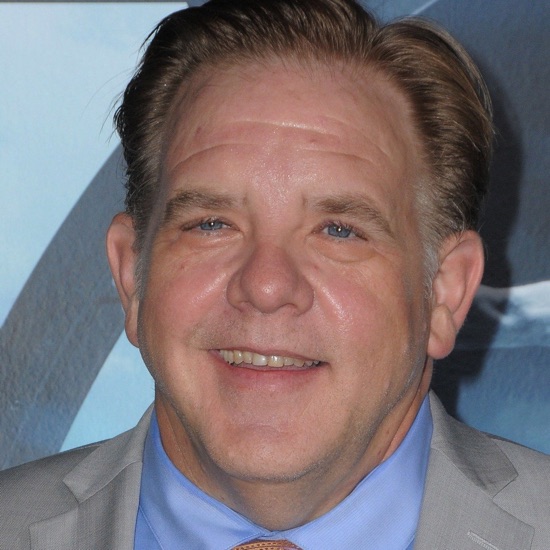
This will help you see the reality of the situation and see where you can change the outcome, which will help you change your behavior .
It's to help you change your behavior even if you can't change your desires, so that you never go back to prison.
A help you change your behavior even if you can't change your wishes so you never go back to prison.
Likewise, fear becomes a problem when it gets a grip on you and makes you change your behavior .
Similarly, fear becomes a problem when it takes control of you and forces to change its behavior .
What made you change your behavior ?
What did they change in your life ? .
The key condition here is that you change your behavior , against your will, as a result of the emotional blackmail.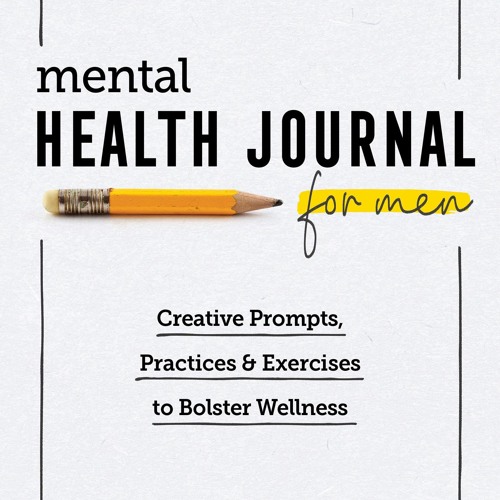
The bottom line is that you change your behavior , against your will, as a result of emotional blackmail.
You're not free if you change your behavior because otherwise appears a bailiff at your doorstep.
You are not free if you change your behavior because otherwise a bailiff will appear on your doorstep.
Can you change your behavior to become more efficient?
Can Do you somehow change your habitual behavior to become more efficient?
When you change your behavior , your thoughts and your emotions will follow.
When you change your behavior your thoughts and your emotions will follow you.
In an emergency you change your behavior .
In an emergency they change their behavior .
And this requires that you change your behavior too.
And obviously you must also change your behavior .
What sort of tricks do you employ to help you change your behavior ?
What changes in leadership style do you need to make in order to help change his behavior ?
How will the other person respond if you change your behavior ?
Tell me, please, how will you react if your husband cheats on you?
Now...how should you change your behavior towards her?
situation, how would you change your attitude towards it?
When you change your values list and consciously act on it, you change your behavior and therefore your results.
When you change the values on your list and act consciously on them, you thus change your behavior and consequently the results.
So I had always thought, you know, "You change your mind, and you change your behavior ," but it's often the other way around.
You know, I always thought that if you change the course of your thoughts, as after will change the behavior of , but often it turns out the other way around.
Are they asking that you change your behavior ?
Did you ask not to change ?
If you change your behavior , your relationship will change, too.
If you begin to change , then your attitudes will also change.
when you are watched, you change your behavior .
If you saw him modified, , you would be scared of .
Possibly inappropriate content
Examples are used only to help you translate the word or expression searched in various contexts. They are not selected or validated by us and can contain inappropriate terms or ideas. Please report examples to be edited or not to be displayed. Rude or colloquial translations are usually marked in red or orange.
Register to see more examples It's simple and it's free
Register Connect
No results found for this meaning.More features with our free app
Voice and photo translation, offline features, synonyms , conjugation , learning0002 Results: 27. Exact: 27. Elapsed time: 92 ms.
Exact: 27. Elapsed time: 92 ms.
Word index: 1-300, 301-600, 601-900
Expression index: 1-400, 401-800, 801-1200
Phrase index: 1-400, 401-800, 801-1200
3 Adams - Desire (OST House MD)
- Lyrics
- Ryan Adams
- Desire (OST House MD)
Ryan Adams - Desire
The power of two hearts fades like a flower
But you have to wait, and everything will come with new strength
Find the answer and hearts will flare up again
The water level rises, and everything slowly sinks under the water
Desire
There are no secrets. There is no passion.
I spend my time aimlessly
Carefree... but what does it mean that hearts will ignite?
Just a small fire will flare up…
My only wish
You know me. And it's not hard for you to wait
You can't expose me, but I ask the Lord
That you find me and we can see each other
You never get tired, even if you run for a long time
Desire
Ryan Adams - Desire
Two hearts fading, like a flower.
And all this waiting, for the power.
For some answer, to this fire.
Sinking slowly. The water's higher.
Desire
With no secrets. no obsession.
This time I'm speeding with no direction.
Without a reason. What is this fire?
Burning slowly. My one and only.
Desire
You know me. You don't mind waiting.
You just can't show me, but God I'm praying,
That you'll find me, and that you'll see me,
That you run and never tire.
Desire
More Ryan Adams
Other names for this text (0) 

